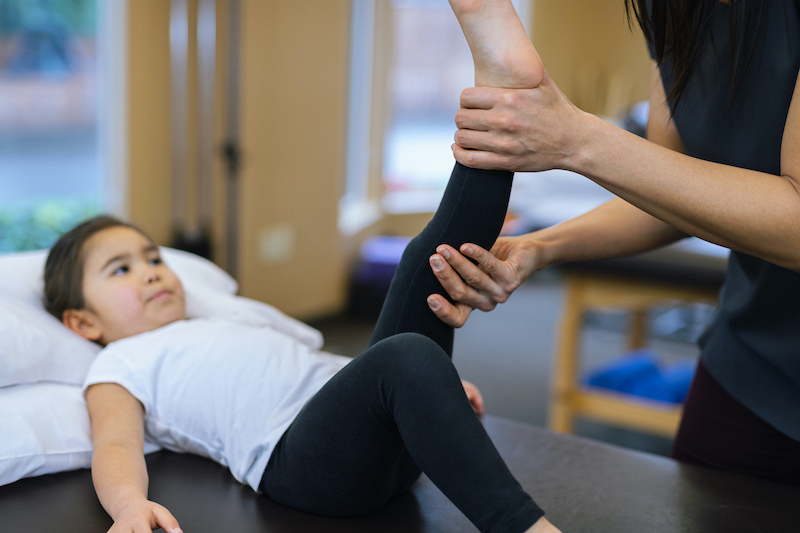Are there any scientifically proven benefits of chiropractic care for toddlers, kids, or teens (or, for that matter, adults)? I’ve found success with chiropractic care, but I’m still uncertain as to whether or not this is a placebo effect and if it could help my son, who has a large developmental delay.
—Melissa
This is a broad question! It’s too broad for a single answer, and certainly there are musculoskeletal conditions in adults for which chiropractic care can be effective. What I want to focus on is the more specific question at the end — is there evidence that chiropractic care is effective in treating developmental delay?

There are academic papers that would give you hope of success. An example is this one, a paper that takes 157 children with some degree of developmental difference and treats them all with a chiropractic regime. The authors argue that the children improve on various dimensions, including cognitive function, and impulsivity. The problem with an approach like this is that without randomization and a control group, there is no way to be confident that this treatment actually works. The children might have gotten better over time regardless. The fact that they were being studied might impact either their behavior or the evaluation of their behavior. Many biases may play a role. A paper like this could be suggestive but really cannot be taken as compelling evidence.
This lack of rigor is a systematic feature of much of this literature, as summarized (for example) in this review. Plenty of people have speculated on the possibility of effects here, but there simply isn’t any compelling evidence. The risks of chiropractic care are also small, although adverse events can occur. It’s a case with relatively limited risk and likely limited reward.
A reasonable question is why we do not know more about these impacts, since it’s not infeasible to run a randomized trial. One problem is that both sides hold strong beliefs. Those who think it works really think it works. Those who do not think it works are convinced it does not. Neither side is looking too hard for evidence.
Community Guidelines


















Log in